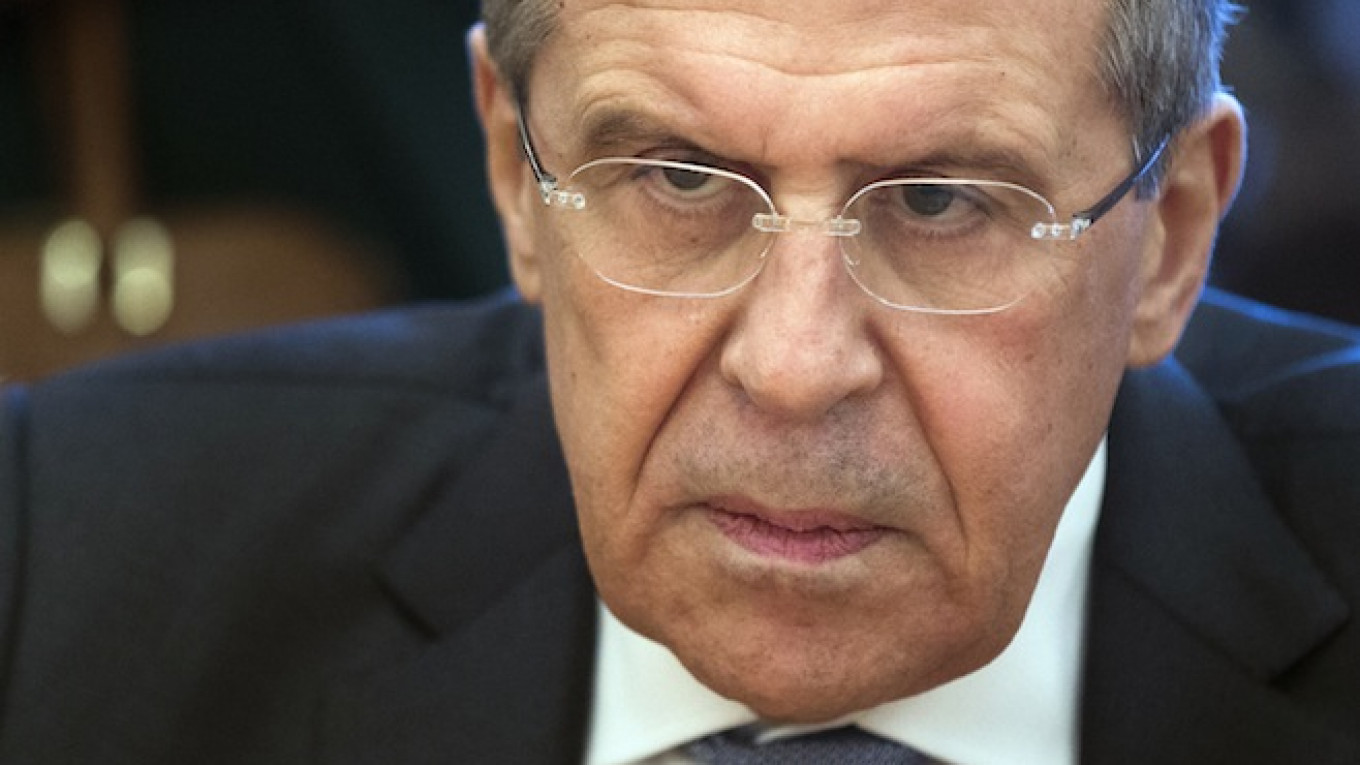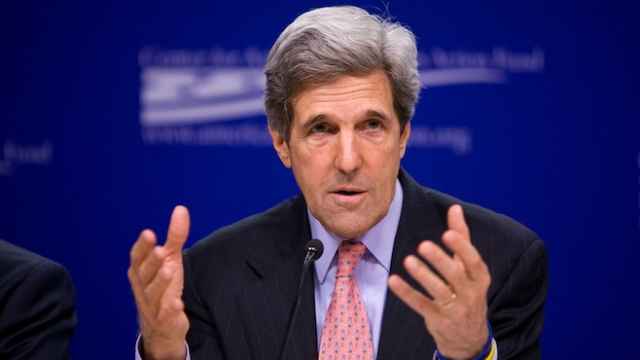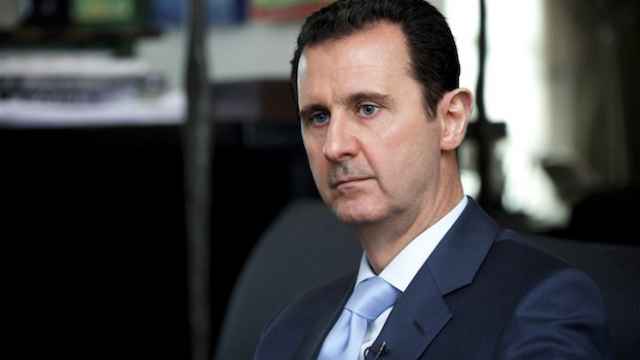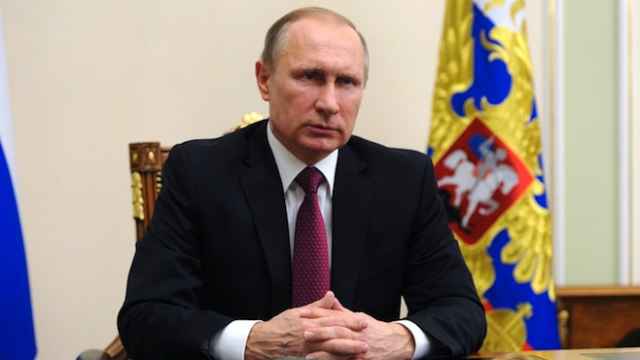Russian Foreign Ministry Sergei Lavrov on Thursday denied the possibility of any “plan B” in Moscow or Washington in case the Russian-U.S. agreement to broker a partial cease-fire for Syria fails, the TASS news agency reported.
At the Senate Foreign Relations Committee on Feb. 23, U.S. Secretary of State John Kerry testified that the White House was considering “plan B” options should Moscow fails to deliver on its part of the cessation of hostilities agreement. Republican senators cast doubt on Kerry's assertion, and argued Russia could renege on the deal without incurring any penalties from Washington.
Russia's Lavrov said Thursday that “everybody has already spoken about 'plan B' – there is no such thing and there never will be,” TASS reported. “Nobody is going to have one.”
On Wednesday, Kremlin spokesman Dmitry Peskov said the Russian administration was unwilling to even discuss any alternatives to the deal, the Lenta.ru news portal reported.
“Our priority is to discuss and work on fulfilling the plan, the initiative that was expressed yesterday by the presidents of the two countries,” he was quoted as saying.
Meanwhile, U.S. President Barack Obama’s top military and intelligence advisers have been pushing for additional pressure on Moscow, arguing that Russia's will fail to fulfill its part of the agreement over cessation of hostilities, The Wall Street Journal reported on Tuesday.
The deal, announced by the Kremlin and the U.S. State Department on Monday, aims to end the fighting between Syrian President Bashar Assad's forces and his political opponents. The agreement excludes Islamic State, Nusra Front, and other “terrorist” groups designated by the United Nations.
Islamic State is a terrorist organization banned in Russia.
A Message from The Moscow Times:
Dear readers,
We are facing unprecedented challenges. Russia's Prosecutor General's Office has designated The Moscow Times as an "undesirable" organization, criminalizing our work and putting our staff at risk of prosecution. This follows our earlier unjust labeling as a "foreign agent."
These actions are direct attempts to silence independent journalism in Russia. The authorities claim our work "discredits the decisions of the Russian leadership." We see things differently: we strive to provide accurate, unbiased reporting on Russia.
We, the journalists of The Moscow Times, refuse to be silenced. But to continue our work, we need your help.
Your support, no matter how small, makes a world of difference. If you can, please support us monthly starting from just $2. It's quick to set up, and every contribution makes a significant impact.
By supporting The Moscow Times, you're defending open, independent journalism in the face of repression. Thank you for standing with us.
Remind me later.






